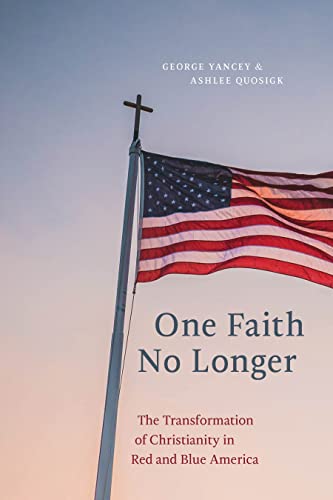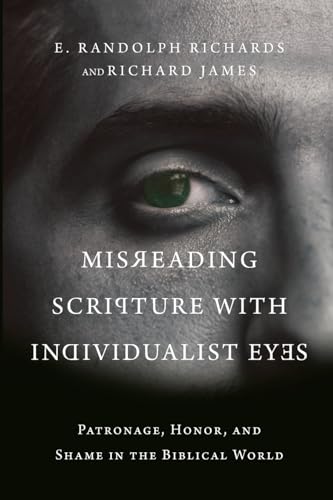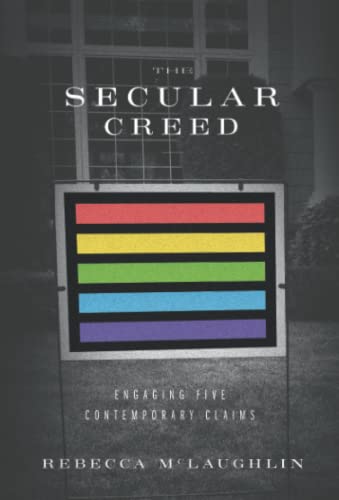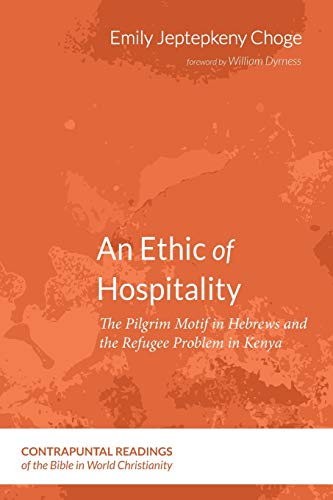Against Popery: Britain, Empire, and Anti-Catholicism
Written by Evan Haefeli, ed. Reviewed By Eric BeachHistorians such as Philip Jenkins have called anti-Catholicism in America “the last acceptable prejudice.” As the wide array of literature on this topic makes clear, concern about Roman Catholicism has a long and deep history that stretches back to the 1600s. However, anti-Catholic thought is by no means limited to America. Its origins come from England and Scotland. While historians such as Anthony Milton have written extensively on anti-Catholic thought in England, Against Popery advances the field of anti-Catholic studies by showing how anti-Catholic thought—particularly fears about Roman Catholic political power and freedom—unified the seventeenth- and eighteenth-century British empire, provided a point of cohesion amongst British colonies in North America, and led in part to both an eventual undoing of the British empire and an emergence of religious liberty for Roman Catholics.
Edited by Evan Haefeli, Against Popery brings together roughly a dozen scholars to trace the sources and outworkings of anti-Catholic thought in the British empire. The book contains three parts that progress from the foundational events and thoughts of anti-Catholic ideology (part 1) to the societal and political facets that helped coalesce anti-Catholic thought (part 2). Further, the book elucidates the transformation of anti-Catholic practice as events in the British Empire led staunch anti-Catholics in colonial America to start a political revolution that, counterintuitively and ironically, increased political and religious liberty for Roman Catholics across the British empire (part 3).
Some of the book’s main points that recur in multiple essays deserve brief mention. First, different essays discuss the large definitional challenges with terms such as “anti-Catholic” or “anti-papal.” Unfortunately, scholars use these terms in diverse and, at times, contradictory ways, so readers must pay careful attention to definitions. Evan Haefeli summarizes John Wolffe’s helpful taxonomy of four different strands of anti-Catholic thought. Second, anti-Catholic thought played a much more important role in shaping cultural hegemony and forming debates about political liberty than historians have hitherto acknowledged. It not only divided Catholics and Protestants but also pitted Protestants against each other.
Additionally, the socio-cultural and political concerns that gave rise to anti-Catholic machinations transferred naturally to anti-Puritan thought. In other words, many of the same species of arguments used against Rome, and their underlying motivating fears, reappeared against Puritans. Also, anti-Catholic thought spanned the British empire and allowed the American colonies to cohere. Ironically, it served as an impetus for the colonies to rebel. Finally, fear of Catholic tyranny led to anti-Catholic thought and the curtailment of religious liberty in the British empire.
Against Popery has several strengths. Evan Haefeli’s introduction proffers a superb overview of the relevant historiography, particularly regarding the socio-cultural and political aspects of anti-Catholic thought. In addition, most essays contain lengthy footnotes of anti-Catholic literature, especially as it relates to the juxtaposition of political and cultural factors. Further, a few chapters offer fascinating lenses on anti-Catholic thought. One such essay, entitled “Shuffling Tyranny,” examines a deck of playing cards produced in 1679 that essentially catechized users in anti-Catholic thought. Another one, “A Deal with the Devil,” focuses on the role of anti-Catholic thought in the American Revolution.
Nonetheless, at times, some essays largely imply that any opposition to Roman Catholic doctrine entails “prejudice.” In addition, perhaps not surprising for a work that focuses more on cultural-political history than theological history, Against Popery contains a handful of inaccurate statements about Protestant theological history. For example, Laura Stevens writes that the “elevation of the Virgin Mary within popular devotional practice and eventually within church theology” during “the late medieval period … was at the core of the Protestant critique of the Roman Catholic Church beginning with Martin Luther” (p. 170). However, matters such as indulgences, papal power, the role of Scripture, and justification by faith alone played a more central role for Luther.
In conclusion, Against Popery provides a wide-ranging treatment of anti-Catholic thought in the British empire. While the book focuses primarily on socio-political thought (instead of historical theology) from 1600 to 1850 and the authors assume a substantial amount of background knowledge on the part of the reader, for scholars or educated laypeople interested in the nexus of anti-Catholic thought, political history, and the British empire, Against Popery will prove both interesting and fruitful.
Eric Beach
Eric Beach
University of Oxford
Oxford, England, United Kingdom
Other Articles in this Issue
In the book of Kings, Elisha is the Spirit-empowered man of God who walks with God, represents God, and shows the way to covenant faithfulness through word and deed...
Baptists provide an excellent window into the American identity during the antebellum period...
This article explores Colossians, a letter in which Paul says a considerable amount about work...
This article offers a reading of Nicholas Wolterstorff’s objections to the doctrine of divine simplicity, which has seen a kind of rebirth amongst both Catholic and Protestant theologians in recent decades...
The Targums were not translations for the Aramaic-speaking masses who were ignorant of Hebrew...







